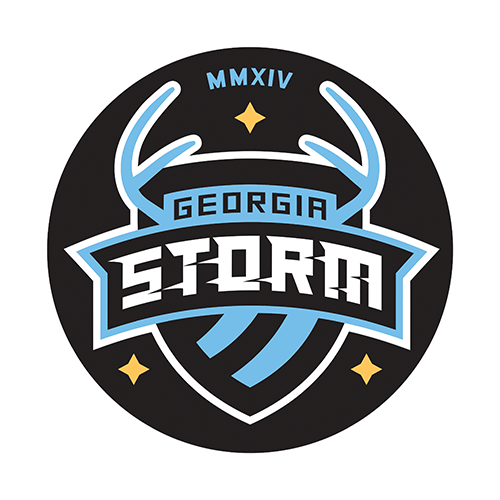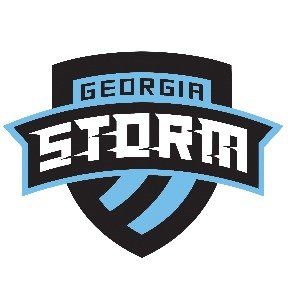Weather Policy
Last updated: April 15, 2022
Inclement Weather
Our first priority in any weather-related decisions is our players’ safety. Our goal is always to play through any weather conditions; however, if weather forecasts, field or driving conditions jeopardize our players’ safety, we will cancel.
- Rain: All soccer events will be played during rain unless the fields are deemed unplayable and closed by the club or by governing league/event.
- Lightning: If you see or hear a thunderstorm coming, immediately suspend your game or practice and instruct everyone to go inside a sturdy building or car. Sturdy buildings are the safest place to be. Avoid sheds, picnic shelters, and bleachers. Outdoor activity should resume 30 minutes after the last sound of thunder or flash of lightning.
- PlayMetrics Weather Alerts: We will try to decide by 3 pm each day if the weather has impacted the training schedule for the evening ahead. We will update PlayMetrics and send out an alert to teams. Updates for Away games will come from coaching/team management staff.
Field Status and Cancelation Policy
We rely primarily on updating the website during the day to communicate cancellations or any weather-related information. You can sign-up to receive field updates via text and/or Playmetrics mobile application.
Warm Weather Policy
The risk of heat-related illness from vigorous sports activity increases with the temperature. The body generates heat that cannot be dissipated readily when the ambient temperature exceeds 85 degrees Fahrenheit, depending upon the humidity. Hot weather is considered at any point where the Heat Index reaches or exceeds 90. Our guidelines are based on Georgia Soccer's Heat Policy and US Soccer Recognize to Recover Program guidelines for playing in the heat.
The guidelines below are from Georgia Soccer's Heat Policy and are based on a Wet Bulb Globe Temperature (WBGT) reading:
ALERT LEVEL
WGBT
EVENT CONDITIONS
ACTION AND BEAKS
BLACK
> 92.0
EXTREME CONDITIONS CONDITIONS
No outdoor training, delay training until cooler or cancel training
RED
90.1 - 91.9
HIGH RISK FOR HEAT-RELATED ILLNESS
Maximum of 1 hour of training with 4 by 4-minute breaks within the hour; no additional conditioning allowed
ORANGE
87.1 - 90.0
MODERATE RISK FOR HEAT-RELATED ILLNESS
Maximum of 2 hours of training with 4 by 4-minute breaks every hour, or a 10-minute break every 30 minutes of training
YELLOW
82.2 - 87.0
LESS THAN IDEAL CONDITIONS
3 separate 4-minute breaks each hour, or a 12-minute break every 40 minutes of training
GREEN
< 82.1
GOOD CONDITIONS
Normal activities; 3 separate 3-minute breaks each hour of training or a 10-minute break every 40 minutes
Cold Weather Policy
Players are more susceptible to injuries during cold weather, particularly from pulled or torn muscles. Players should be encouraged to wear appropriate clothing to aid body heat retention yet afford adequate movement without creating a safety hazard. As a general rule, training programs will be canceled if the projected temperature (including wind chill) at the start of training is projected to be below 25 degrees Fahrenheit.

Important links
Contact US
Site Links
All Rights Reserved | Georgia Storm SA, Inc.

